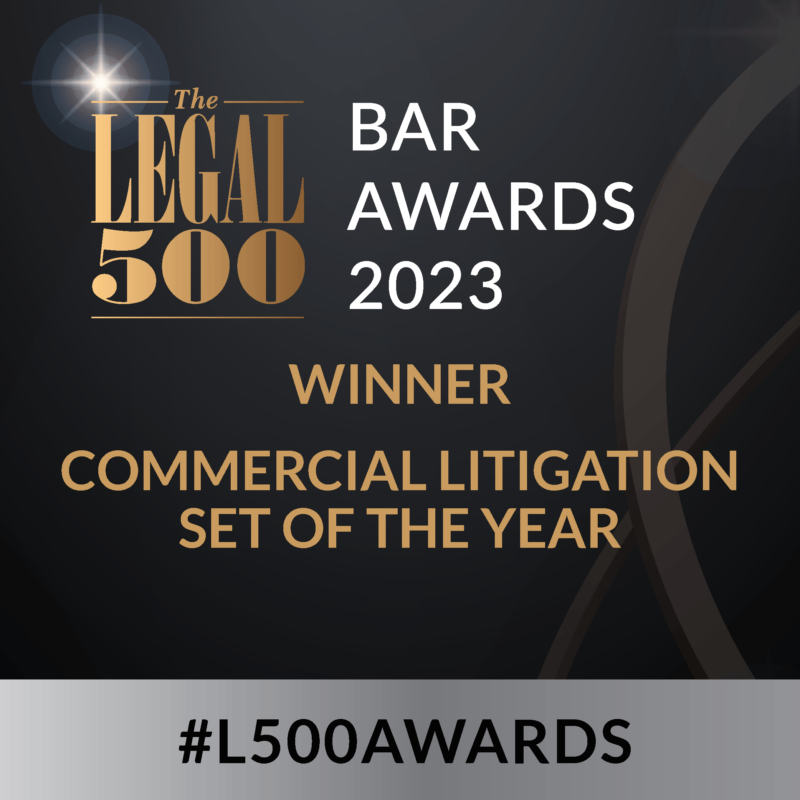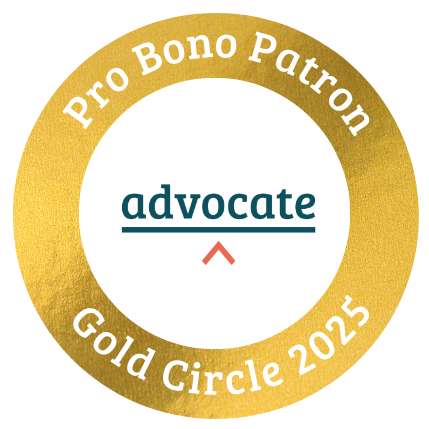Richard Salter QC obtains court approval for settlement of long-running Bell Group insolvency disputes
On 9 July Mr Justice Birss handed down judgment In Law Debenture Trust Corporation p.l.c.’s expedited Pt 8 claim in the Financial List (FL-2020-000014) for approval of its intended course of action as trustee of five bond issues, and declared that LDTC was acting properly and was justified in not taking steps to prevent or interfere with a settlement reached in December 2019 of various very long running disputes arising from insolvencies of companies in the Bell Group in Western Australia and Curaçao.
The obtaining of this declaration (despite opposition from a minority of bondholders) was a vital step in implementing that settlement, since it was a condition precedent to the effectiveness of the settlement that LDTC, though not itself a party to settlement, should obtain this declaration from the English court by 20 July 2020. If it completes, the settlement will lead to the distribution of assets worth about AUD 2 billion (about GBP 1.1 billion). It will also lead to the eventual winding up of the bond trusts.
The bonds (constituted by trust deeds contains English law and jurisdiction clauses) were issued in the late 1980s by the Bell Group of companies, which were founded by the late corporate entrepreneur Robert Holmes à Court and headquartered in Perth, Western Australia. The bonds defaulted in the early 1990s and, in the course of that decade, the issuing companies all entered into liquidation. In proceedings issued in 1996, various companies in the Bell Group and their liquidators challenged before the courts of Western Australia the validity of security held by various banks over the assets of those companies. Those proceedings resulted in a settlement in 2014, which produced assets of about AUD 1.7 billion for the Bell Group companies (together with the release of the banks’ claims in the liquidations). The proceedings against the banks had been directly and indirectly funded by various bondholders, on terms that they should receive significant shares of any returns: and there then followed further hotly contested proceedings in Western Australia as to how the assets produced by the bank proceedings should be shared out.
It is those distribution proceedings which the settlement is intended to compromise. The settlement, if implemented, should at long last produce a return for the bondholders under three of the issues. The settlement will also bring to an end to proceedings brought by a noteholder against LDTC in the English High Court in 2014. Those proceedings had been stayed in 2015 by Proudman J ([2015] EWHC 43 (Ch)) on jurisdictional grounds, but an appeal from her judgment was pending before the Court of Appeal.
LDTC’s application was heard in private, because of the highly confidential and commercially sensitive nature of the evidence. As proposed by LDTC, the judgment of Mr Justice Birss ([2020] EWHC 1774 (Ch)) was nevertheless given in public. It contains a valuable exposition of the largely administrative and ministerial nature of the role of bond trustees under such issues, and of the court’s approach to applications by bond (and other) trustees for approval of an intended course of action “where there is no real doubt as to the nature of the trustees’ powers and the trustees have decided how they want to exercise them but, because the decision is particularly momentous, the trustees wish to obtain the blessing of the court for the action on which they have resolved”.
Richard Salter QC acted for LDTC, leading Andrew Clutterbuck QC and James Knott from 4 Stone Buildings, instructed by Andrew Legg of Eversheds Sutherland
The full judgment can be found here.








